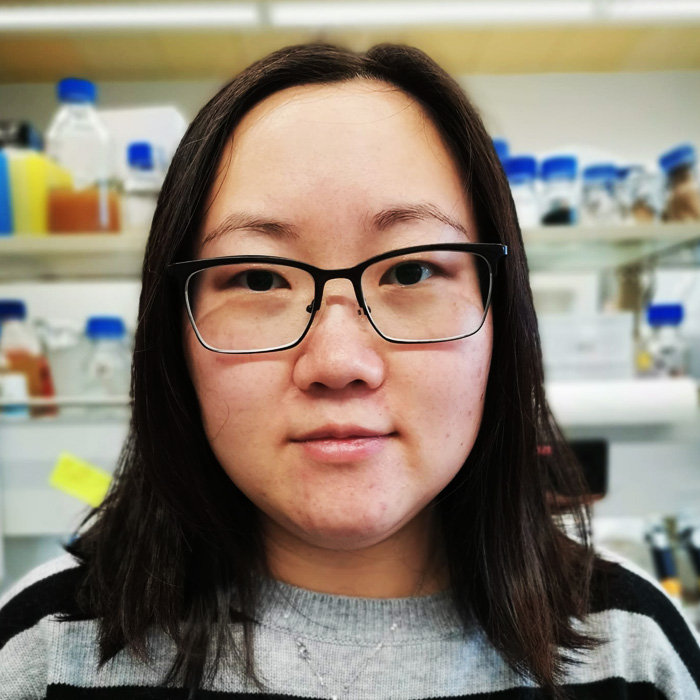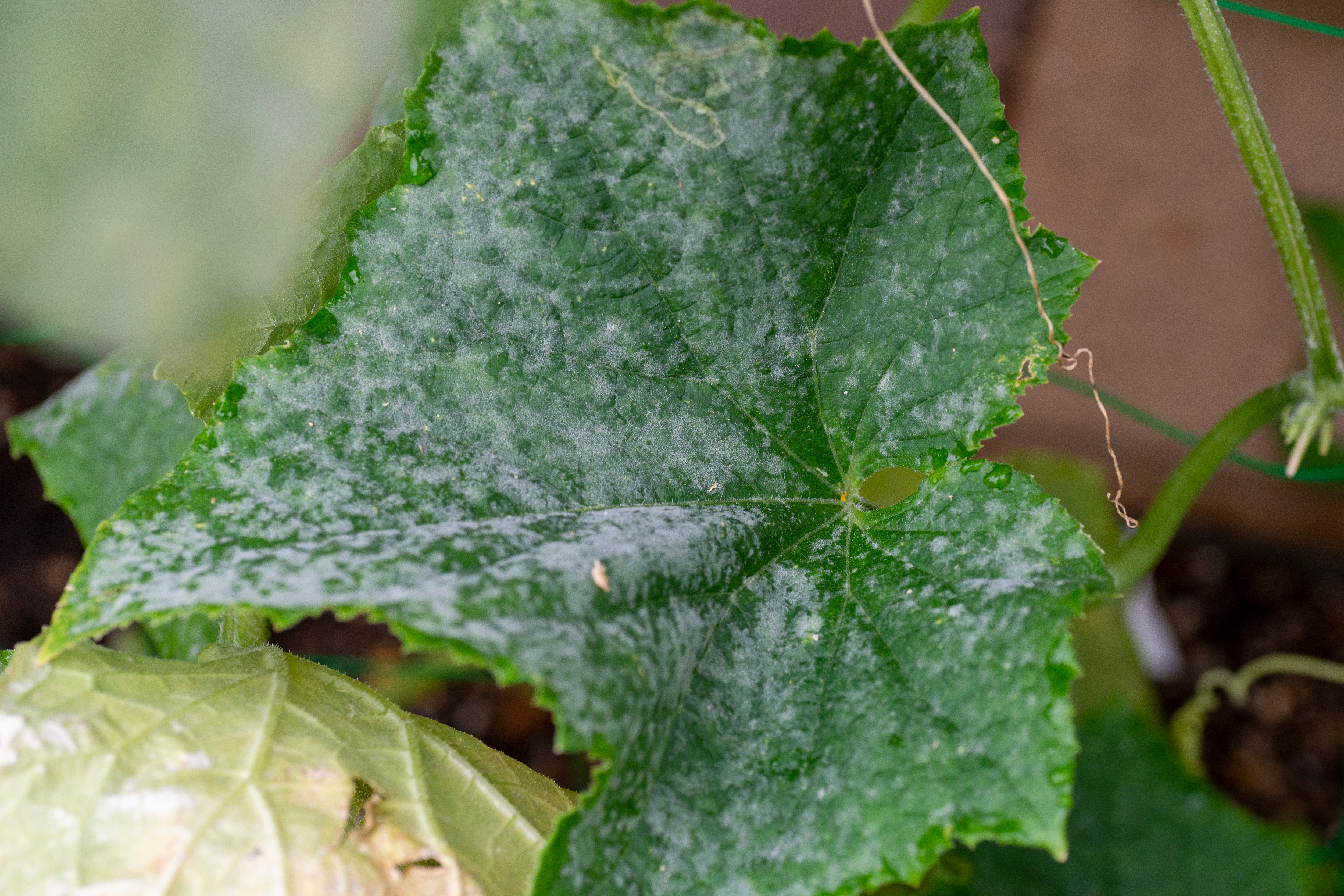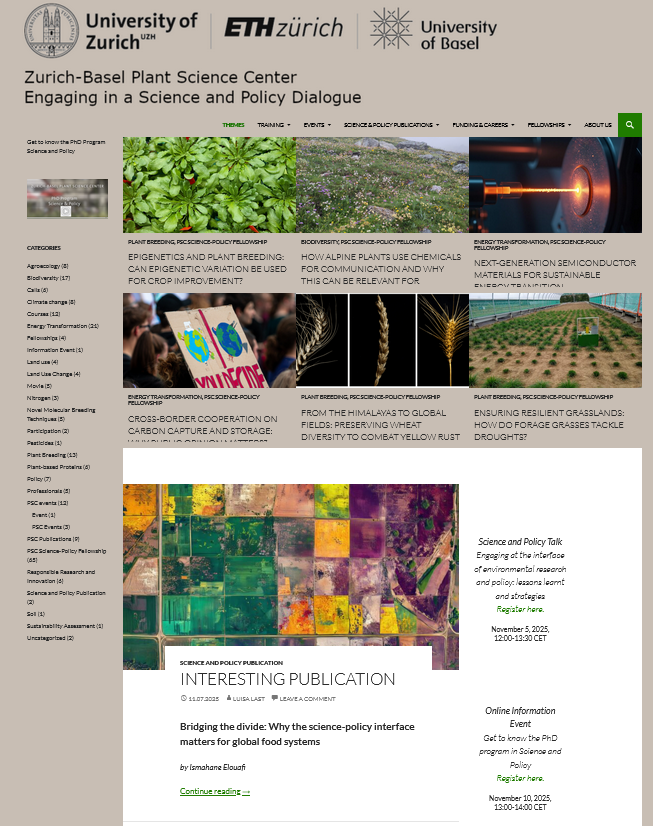Application of Plant Peptides for the Sustainable Improvement of Crop Resistance to Biotic and Abiotic Stresses (‘PEPSTRESS’)

Fellowship Duration: May 2021 - Jan 2025
PhD Student: Xeniya Kim (LinkedIn)
Principal Investigator: Prof. Cyril Zipfel, Molecular and Cellular Plant Physiology, Department of Plant and Microbial Biology, University of Zurich, Switzerland
Project Partner: Dr. Kathrin Thor, Syngenta Crop Protection AG, Stein am Rhein, Switzerland
Research Fields: Biotechnology, Crop Stress Tolerance
Project Description
Massive crop losses occur annually due to diseases and abiotic factors. Attempts to reduce the impact of biotic and abiotic stresses traditionally involve breeding and the extensive use of chemicals. Development and use of agrochemicals require an urgent rethink, due to novel regulations surrounding their development and use. Currently, many chemicals are being increasingly banned, and the EU is aiming for a ‘zero-residue’ agriculture. The new sustainability and intensification challenges that agriculture is currently facing call for a careful evidence-based evaluation of the solutions that could be implemented to sustain food and feed production. There is therefore a regained interest in ‘natural’ plant-derived products, as these would be aligned with an increasingly restrictive registration legislation, and could be utilized by both conventional and organic agriculture. While the importance of plant peptides in all aspects of plant biology - including responses to environmental stresses - is increasingly becoming important, their potential use has not been yet fully evaluated. PEPSTRESS directly aims at filling this gap, and capitalizes on the complementary expertise of our group in peptide-based signaling and of Syngenta in crop protection. The project is built on our recent identification of novel families of stress-responsive plant peptides.
In my PhD project, I aim to decipher the mode-of-action of these peptides in activating stress responses, study the regulation and evolution of such peptides, and test the efficacy of peptide treatments on crops’ stress resistance. Since it was reported that some peptides inhibit the growth of some plant pathogens, the direct antimicrobial/antifungal activity of the whole peptide family will be assessed.
This project will fill (1) a societal need for more sustainable crop management products, (2) a regulatory need for products with negligible impact on the environment and proven human safety, and (3) an industrial need for efficient complementary or alternative technologies to current controversial chemical or genetic solutions. As such, PEPSTRESS will inform academia, industry and policymakers of the potential use of peptides as novel natural crop improvement treatments, and will also lead to potential development of commercial products by the industrial partner.
This fellowship is hosted by the Zurich-Basel Plant Science Center.
Activities and Publications
Doctoral thesis (ongoing)
Conference poster at the Plant Peptides and Receptors – 10th International Workshop (Sandefjord, Norway, Sep 2022)
Participation in the UnaEuropa One Health Summer School (Lammi, Finland, Jun 2024)
Workshop on Plant Pigments at the Spring Festival 2024 (Zurich, Switzerland, Apr 2024)
Workshop on Trichomes at Scientifica 2023 (Zurich, Switzerland, Sep 2023)
Reserve judge at the International Genetically Engineered Machine Competition (Paris, France, Oct 2023)
Judge at the International Genetically Engineered Machine Competition (Paris, France, Oct 2024)
Secondment and Research Stay
During her secondemnt, Xeniya stayed at the facilities of Syngenta in Stein am Rhein, Switzerland. Xeniya used their facilities to screen peptides for direct antimicrobial activity using Syngenta’s broad pathogen library. Xeniya found that peptide application on crop leaves increases resistance to fungal pathogens. Furthermore, Xeniya discovered that peptide treatment enhanced salt stress but not osmotic stress tolerance. She also observed that there was no effect of spray application on drought tolerance.
Duration: Mar - May 2023 and Mar - Apr 2024
Research stay abroad: The Sainsbury Laboratory, Norwich, UK.
Duration: Sep - Dec 2022
Stakeholder Workshop
In January 2024, Xeniya organised a stakeholder worshop titled "Feasibility of Using Plant Peptides as Crop Protection Methods" in Zurich. The aim of this workshop was to discuss the potential commercialization of SCOOP peptides as sustainable crop protection methods. Experts from both academia (i.e., including Microbiology and Plant Physiology specialists), and industry (Syngenta specialists in Plant Health and Disease Control) participated.
Xeniya presented the current challenges in agriculture, such as stricter legislation of the use of traditional pesticides. She introduced alternative, environment-friendly crop protection methods, focusing on plant peptides. Her presentation included examples of peptides already commercialized and used in agriculture. Then, Xeniya moderated a discussion among the participants. The discussions led to valuable insights from both academic and industry perspectives:
- Academia representatives: peptides have a potential as crop protection agents due to their natural origin, biodegradability, and the possibility of chemical optimization for increased efficiency. Also can be expensive to synthesize.
- Industry: there can be obstacles, such as the high cost of production, especially if synthesis is required. Also, proper formulation is important we do not know how well peptides are absorbed by plant tissues.
One of the primary concerns raised was the cost of peptide synthesis. As a result, Xeniya plans to try recombinant production of bioactive peptides and test if the efficiency is comparable to synthetic peptides.



